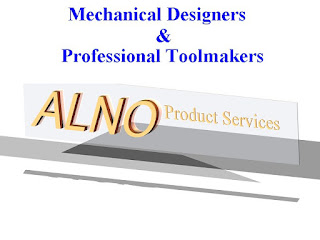In our many years of experience and expertise we found that
it’s pivotal to explore a set list of conditions when deciding on a
manufacturer for your product. Whether
it be a simple one-off private job or a part for series production.
We advise you ask the following questions:
- What are their
machining capabilities?
It makes sense to subcontract to one company that can do everything instead
of four, for the one project. To ensure
that you save time and money on paperwork and administration be sure to check a
company’s manufacturing capabilities.
Your work will remain efficient and you’ll thank yourself later
- Is the company
motivated, but not scraping the barrel for work?
You want to work with a company that want to achieve results
for you. They need to be working with
current technology and updated with the latest communication tools (social
media, etc.). If a company is motivated
they will provide the quality you require and be able to fulfil their tasks
within a projected lead-time that suits your needs best. As a
business involved in precision manufacturing we also recognize that when you’re
spending a lot of money you expect to receive a high quality product and value
for your money.
- Do they understand
how to interpret prints?
I’m sure there have been countless times you thought you
were getting a great deal on an item only to find that the parts did not match
the prints. Before liaising with
manufacturers you need to make sure you’re working with an organization that
can interpret prints properly. If there
are any disputes or enquiries they need to call you immediately instead of
making their own decisions on what they think is correct.
- Do they have a
capability to make design changes to a part?
You may be thinking that since you design everything
yourself this shouldn’t be too important.
Be careful! That is a very dangerous thought. Machinists who have the ability to run CAD
programs like SolidWorks are competent at making quick and important changes to
designs. They will always have a deeper
understanding of tolerances and the needs for the end product as well as
methods to simplify the manufacturing process.
- How well does the
company understand geometric dimensioning and tolerancing (GD&T)?
GD&T is still very important when considering the
standardization of designs. It is in in
place to ensure parts work well and are built to last. In recent years there has been a dramatic
rise in companies that are not as adept at GD&T and as result their
business suffers for it. At ALNO we utilise GD&T in all stages of our manufacturing process while ensuring that
all our parts are produced exactly how our customers need them.
For more information on choosing your product manufacturer.








